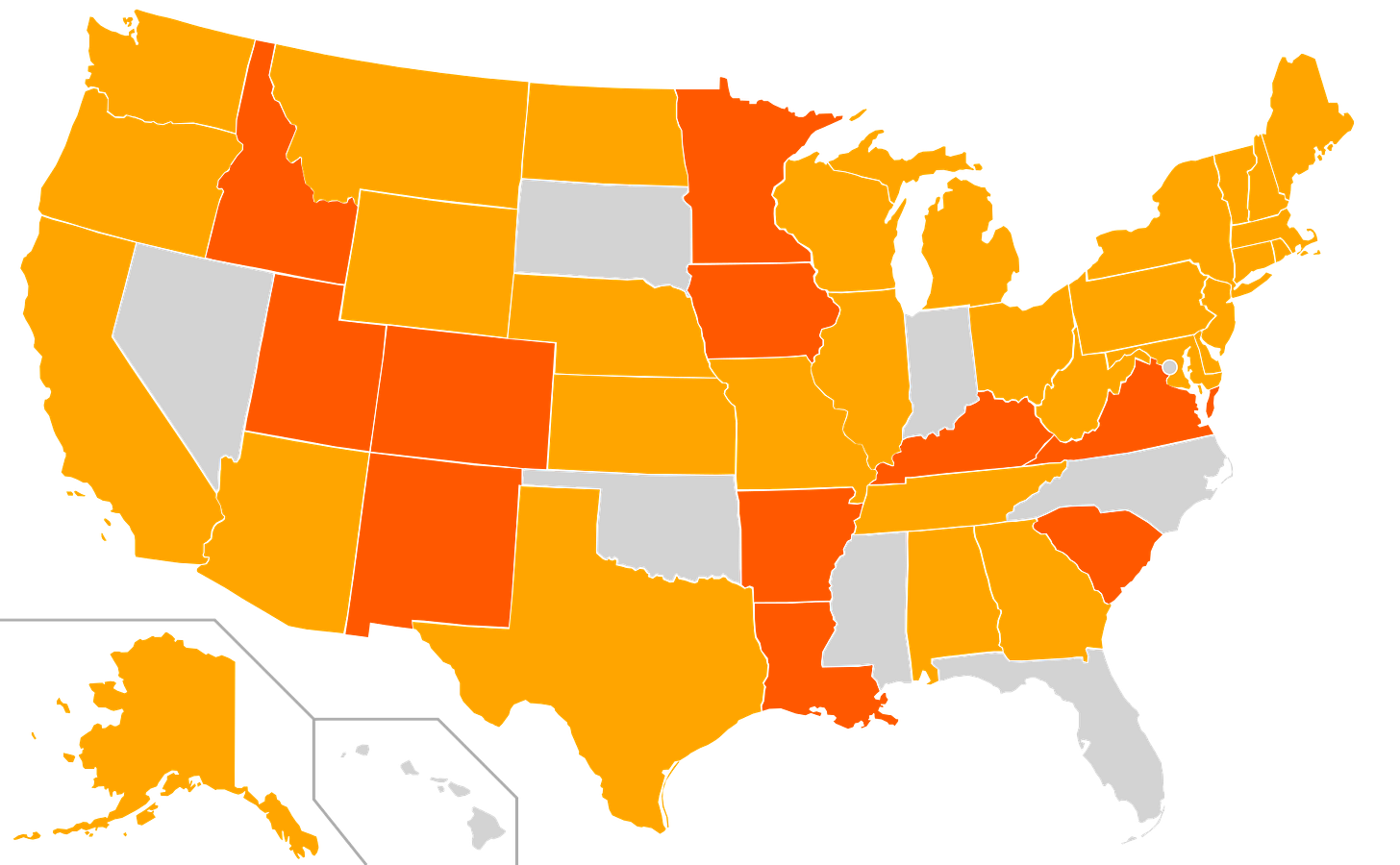If you read my last piece about Robert F. Kennedy, Jr.’s, potential impact in the 2024 presidential race, I qualified, contorted, and hedged my way through the analysis showing what I believe to be the ultimate impact of his presence as a candidate, if and only if both Rasmussen Reports and Newsweek are correct in their belief that Kennedy will destroy Joe Biden’s chances by ripping away an irrecoverable portion of his dwindling coalition.
Of course, this far out, all predictions are merely hypothetical. If Kennedy stays in the race, tunnel vision will set in for the dueling Democrat and Republican camps, and many would-be major party defectors will reconsider any notion of jumping ship. Further, Biden may not even be the Democrat nominee, and party chicanery against President Trump and his pursuit of the nomination is as certain as the daily sunrise.
For better or for worse, our electoral system is designed to benefit two major parties – Democrats and Republicans. No third-party or independent candidate has won electoral votes since 1968, when George Wallace capitalized on his inroads in the Deep South, and no such candidate has garnered more than 10% of the popular vote since H. Ross Perot in 1992 (and no, Perot did not cost the elder George Bush the electionthat year). Despite all the frantic rushes to judgment surrounding the Kennedy candidacy, we still can’t pin our collective ears back and make serious predictions until we know one critical thing – where exactly will Kennedy find his way onto the ballot?
Let’s look. Keep in mind, officials can find some reasons to keep people off the ballot, like disqualifying signatures on an arbitrary basis. That means activists may need to gather far more signatures than stated by law to achieve the desired outcome. Evan McMullin, in his agency-prompted “independent” run for the presidency in 2016, which was mainly designed to deprive President Trump of electoral votes in the southwest, only landed on the ballots of 11 states, in deep orange below (with write-in access indicated by light orange):
Ballot access is important. 69.6% of McMullin’s 732,273 votes in 2016 came from the 11 states in which he landed on the ballot.
Moderately Difficult. 5,000 signatures and a $200 filing fee, by August of the election year. Kennedy’s team will probably need to collect at least 10,000 to be safe, especially if the Republican registration trend continues despite Automatic Voter Registration being recently forced upon the citizenry.
Difficult. 12,000 signatures minimum, but will accept up to 60,000 “just in case” the first 12, 24, 36, or 48,000 don’t cut the mustard. Qualifying petition must be filed by July 21, 2024. Additionally, at least 100 signatures are required from each of at least seven congressional districts, which will require further organization. More here.
Keep reading with a 7-day free trial
Subscribe to Captain K's Corner to keep reading this post and get 7 days of free access to the full post archives.




